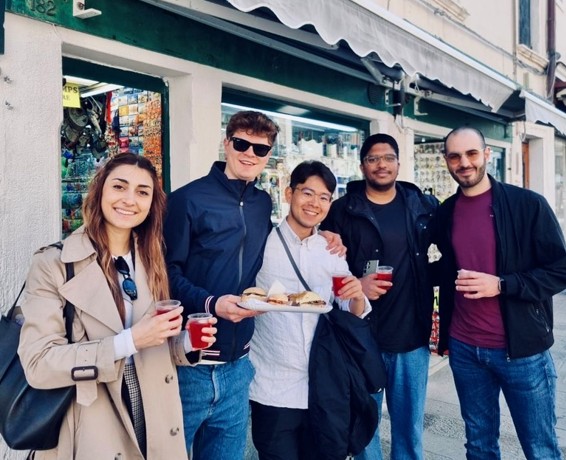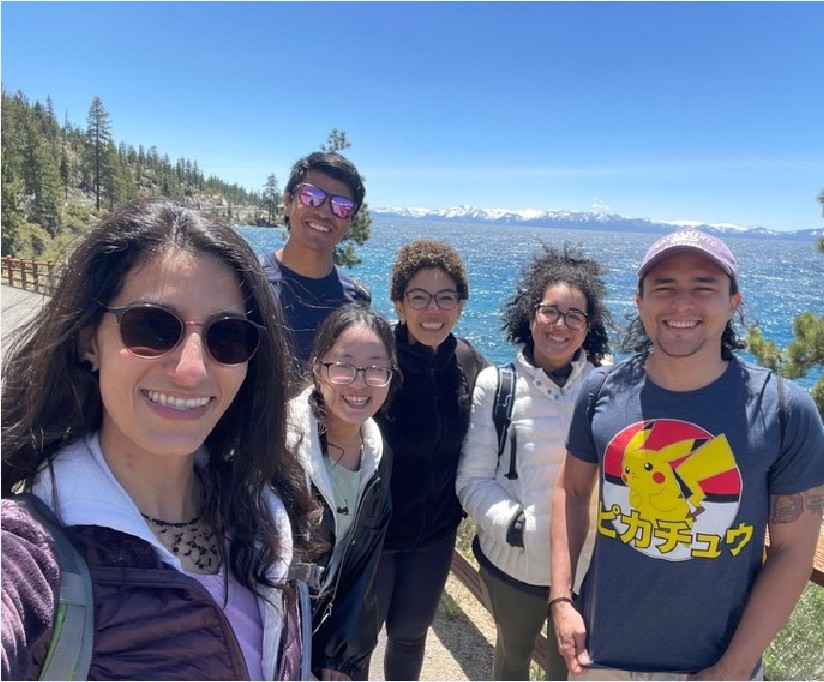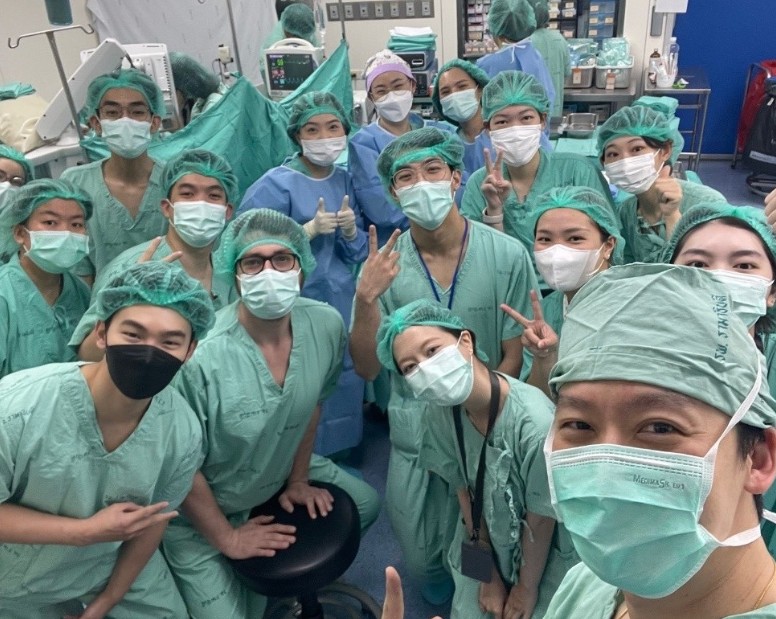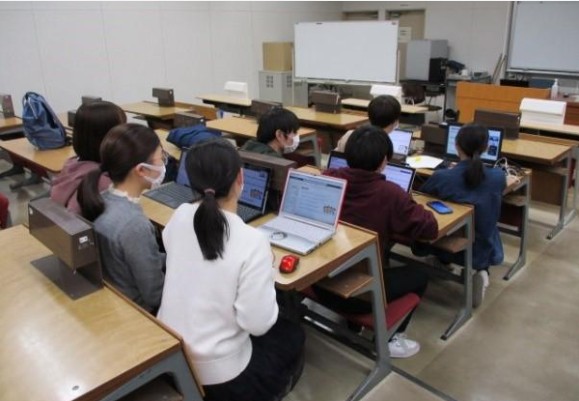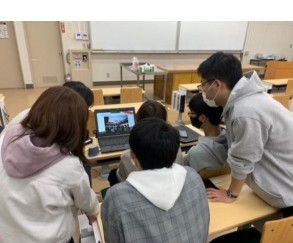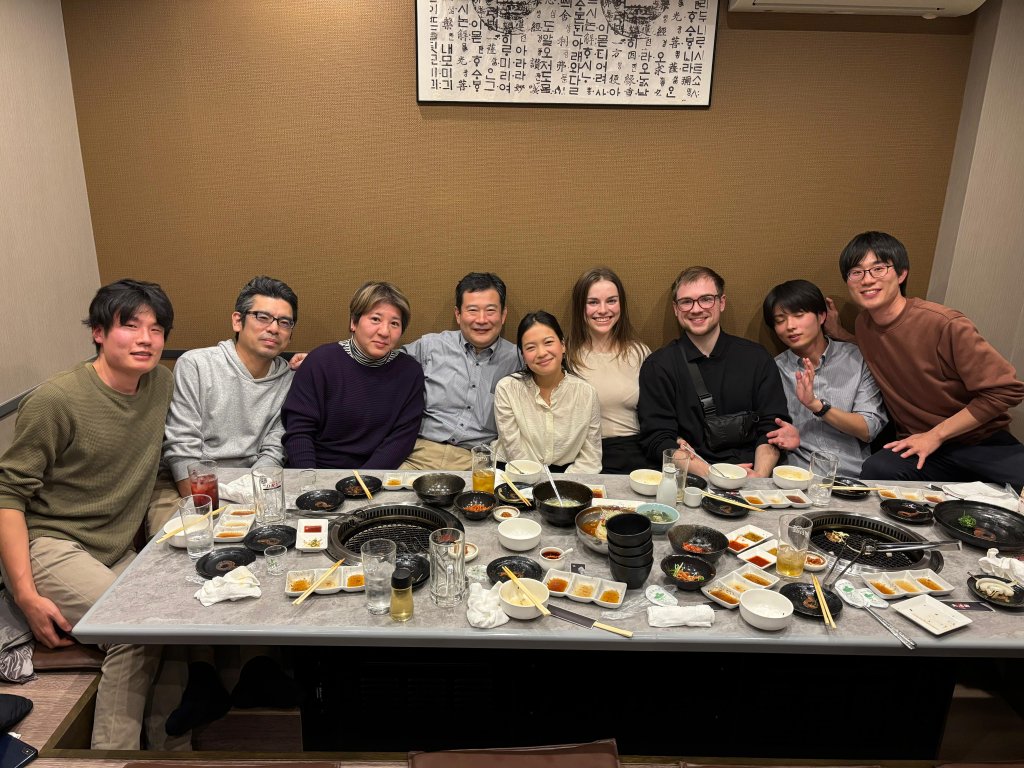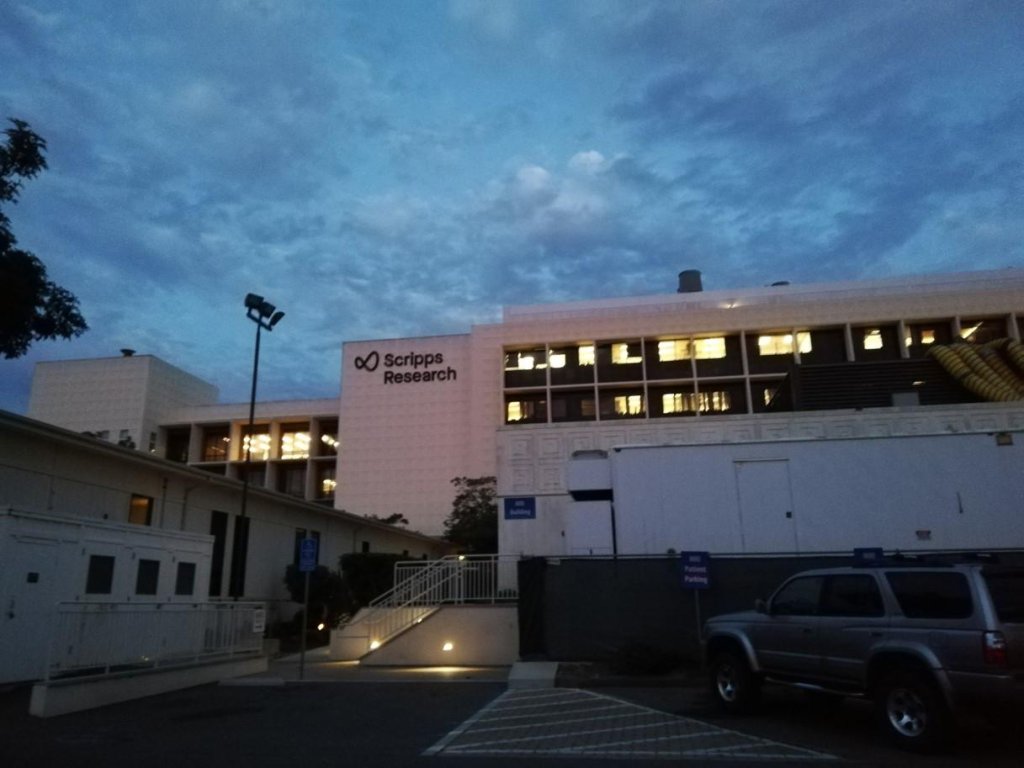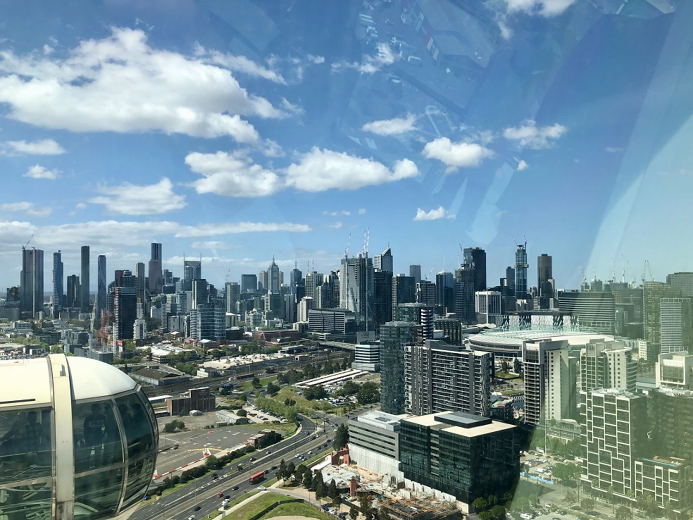
Global
国際交流・留学
- トップ
- 国際交流・留学
トピックス
- 体験報告
- 学生派遣
- 学生受入
- 国際共修
- 研究者交流
海外協定校
協定校一覧
※信州大学サテライトオフィス(中国)の記事はこちらをご覧ください。
派遣・受入/学生数
国際交流推進室発足(2016年)以降の実績
学生派遣
クリニカルクラークシップⅡ 選択臨床実習海外派遣プログラム (単位認定あり、約8週間 (臨床)または約12週間(基礎研究))
5年後期または6年次前期の学生を対象に、卒前教育の最終段階にあるクリニカルクラークシップⅡの約8週間(臨床)または約12週間(基礎研究)、海外医療施設にて実習します。国外の臨床環境を体感するとともに、現地の医療者の考え方や患者のニーズに触れ、卒後に国際的に活躍する上で必要となる「多様性を認識し、その違いを受け入れる態度」を身につけることを目指すプログラムです。
体験報告
学生受入
海外からの受入
本学部・大学院では、基礎研究または臨床実習を目的とした外国人研修生を4週間程度の短期から3ヶ月以上の中長期間、毎年複数名受け入れています。特に2013年から毎年、協定校からの学生グループ受入れプログラム“Shinshu Medical World(SMW)”を実施しています。本学学生・および外国人研修生・留学生は、学内外での交流を通じ、国際ネットワークを広げ、将来のキャリアに有益な経験を積んでいきます。
また本学部へ短期研修プログラムに参加し、その後、本学の正規課程(大学院)へ入学した学生もいます。
体験報告
-
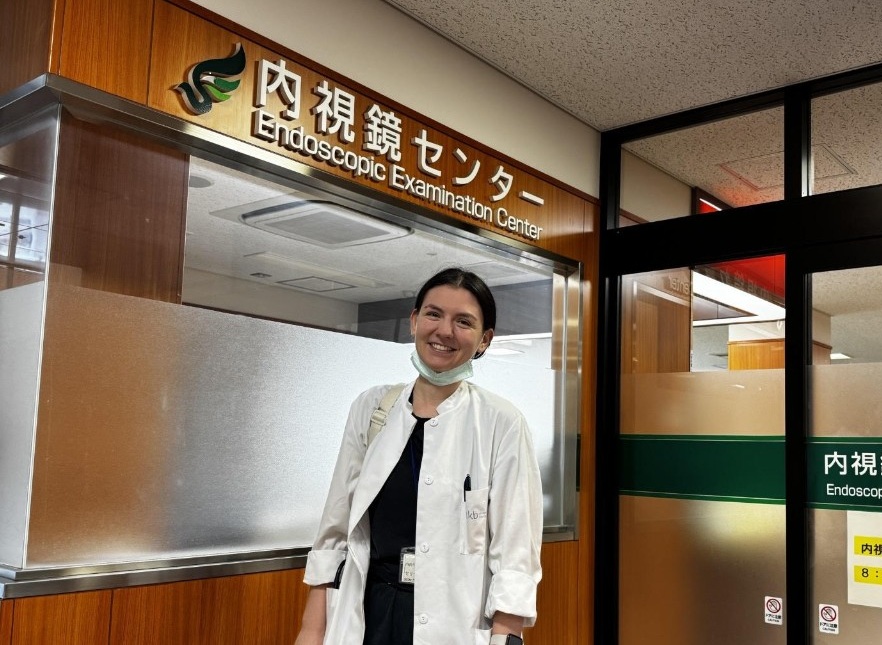
2025 Student from Rheinische Friedrich-Wilhelms Universität Bonn: Clinical training at the Dept of Medicine (Gastroenterology, Nephrology)
-
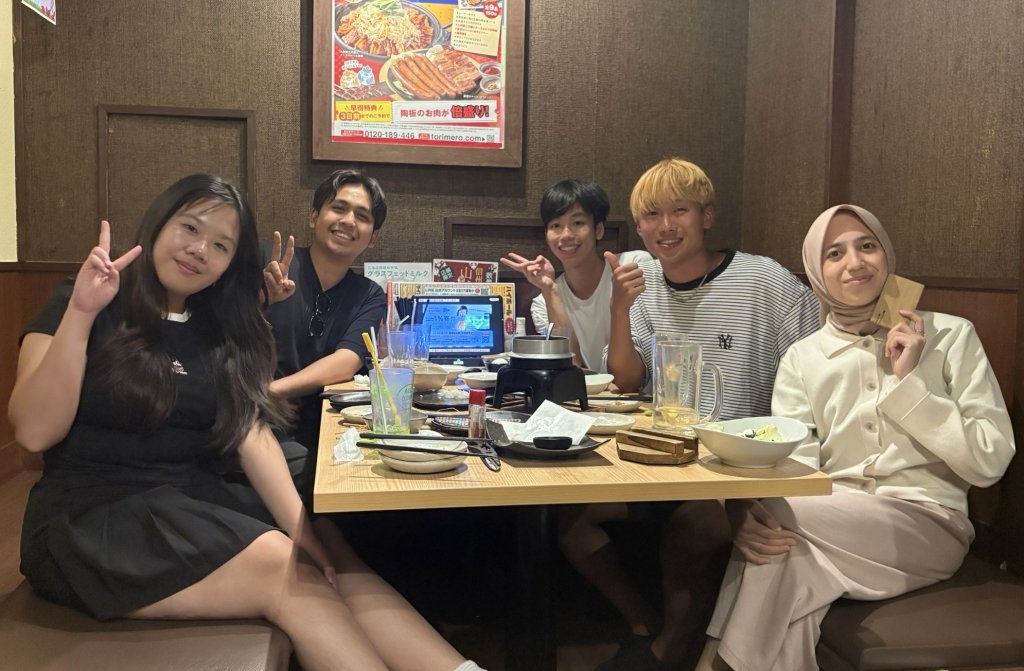
2025 Student from Charles University:Clinical training at the Dept of Surgery
-
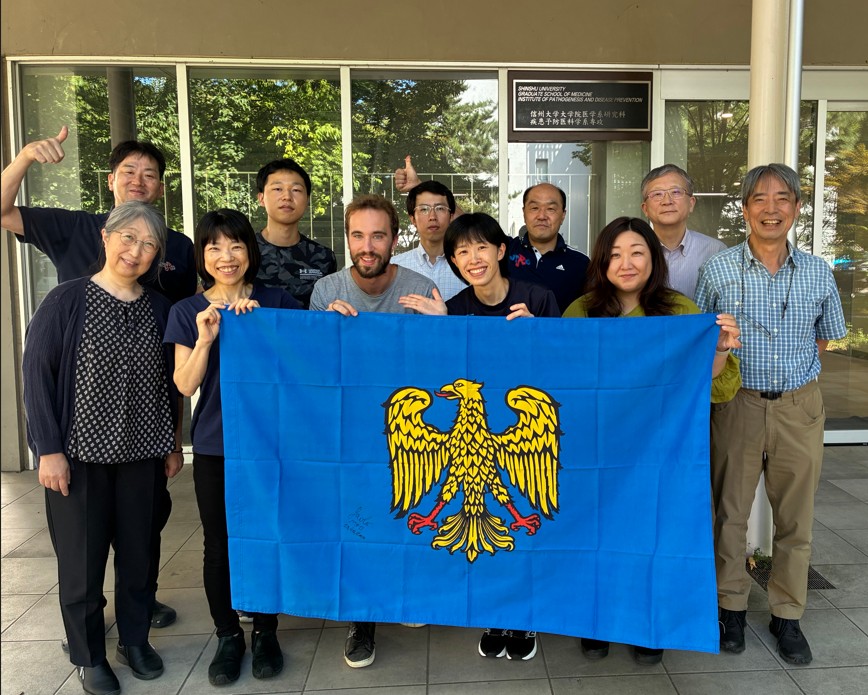
2025 Student from University of Trieste:Basic research at the Dept of Sports Medical Sciences
国際共修
外国人医学生と共に学ぶ
私たちは、協定校との国際共修に積極的に取り組んでいます。特に、オンラインシステムを用いた COIL (collaborative on-line international learning)を講義やセミナーに取り入れることで、医学部生・大学院生の英語力・プレゼンテーション力の向上を図っています。国際共修を通じて、日本以外の国・大学の実情を知ることで、私たち自らの良さと成長の可能性に気づくことができます。超スマート社会(Society5.0)における新たな学びの機会であり、信州大学医学部のレベルアップにつながると期待します。
信州大学SU-COILパンフレットで本学部の取り組みが紹介されました。
体験報告
研究者交流
信州から世界へ/世界から信州へ
信州大学医学部では、大学院生、学位取得後の医師・研究者の海外での研究活動を積極的に後押ししています。医師・研究者のキャリア構築において、若い時期に日本以外の医療・研究環境に身を置くこと、様々な国の医師・研究者と交流し、多様な考えや文化を学ぶことは、一生に渡る財産となります。皆さん、海外留学にぜひチャレンジしてください。また、海外機関・研究者とのより活発な交流を期待し、共同研究・交流のために来学された外国人研究者もここにご紹介いたします。
体験報告
奨学金・各種支援
学生のための支援
信州大学グローバル化推進センターの「海外留学のための奨学金」ページをご参照ください。
また、信州大学医学部医学科の同窓会組織である一般社団法人 信州大学医学部松医会のご厚意による、「松医会海外留学奨学金」制度があります。「松医会海外留学奨学金」に関する記事はこちらからご覧いただけます。
教員のための支援
信州大学医学部医学科所属の教員は「医学科顕彰制度 海外留学支援」、附属病院の職員は「信州大学医学部附属病院留学支援」に応募いただけます。また、財団法人 信州医学振興会の助成制度、および株式会社アイバワークスによる支援制度があります。上記に関する募集案内は、医学部オールメールにて配信されますので、ご確認ください。
その他、外部団体による奨学寄附の公募情報は、「研究助成等公募情報サイト」からご確認いただけます。公募情報については、財務・研究支援グループ研究支援係にお問い合わせください。
また、研究推進部による国際交流支援事業もご利用いただけます。詳しくは、研究推進部「研究推進ガイド」をご確認ください。
バイオメディカル研究所による海外共同研究に係る派遣・招聘支援
信州大学先鋭領域融合研究群バイオメディカル研究所は、海外共同研究推進を目的として、海外共同研究機関への本学学生派遣及び、外国人学生・研究者招聘について支援を行っています。他の支援費との併用は不可としています。
学生の海外派遣など医学科国際交流へのご支援・ご寄附いただける方は、国際交流推進室へぜひご連絡をお願いいたします。

